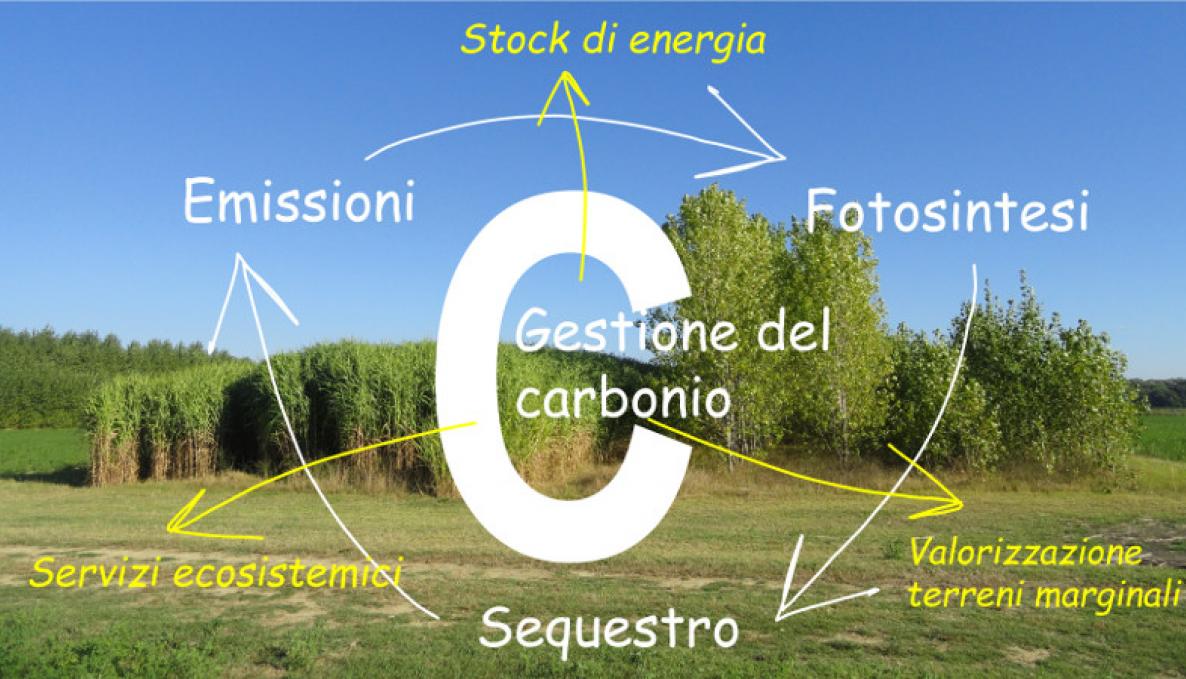renewable BIOGAS technology can help to reduce global climate change emissions, achieve low-carbon society and environmental sustainability. sant’anna school life science institute researchers and tuscany partners participate in the “smartgas” projecT

The use of renewable energy technologies such as biogas can help to achieve environmental and socio-economic sustainability. To achieve the goal of increasing the electricity production from renewable energies to 21% by 2020, as highlighted by the European Commission, Member States will support bioenergy production from exploitation of agricultural biomass for biogas generation. The SMARTGAS project carried out in six Tuscany farms will allow developing the intensification of organic agriculture through integrated biogas production, as a strategy to manage current challenges regarding the sustainability of food and energy production.
This project aims at increasing the share of AD in Tuscany organic farming to provide the enhancement of food output through digestate fertilization while reducing greenhouse gas emissions from livestock manures and soils. As a collaborative effort between Confagricoltura Toscana and its ERATA team, the Institute of Life Sciences at Sant’Anna School, the Consorzio Italiano Biogas and six organic farms in Tuscany, the SMARTGAS project kick off meeting was held at the Centro “E. Avanzi” (University of Pisa).
Sant’Anna School Life Sciences Institute and Centro E. Avanzi long-term partnership has enabled the universities to develop approaches for adapting towards a climate resilient future. Through the SMARTGAS project, partners are undertaking an analysis on effective resilience interventions to promote sustainable food systems. Under the supervision of Giorgio Ragaglini, the study will focus on the circular-economy impact of biogas production (Biomass is turned into gas by microbes. It is sanitized before entering the biogas reactor – the digester. Digestate - residual solids and liquids created in biogas production - can be used as fertilizer or gardening soil).
According to the EU reports on the risks and impacts of pesticide use on human health and the environment, organic agriculture can reduce environmental impacts also through anaerobic digestion (AD) technology. The integration of bioenergy and food production leads to better quality farm productivity and resilience that contributes to decarbonizes energy systems with lower life cycle CO2 footprint. Considering the constraints with regard to soil fertility, crop rotations, and nutrient supply, AD offers opportunities to improve nutrient cycles and may increase the presence, diversity and photosynthetic rate of the green groundcover in rural areas restoring landscape function, and increasing resilience to climatic variability.



